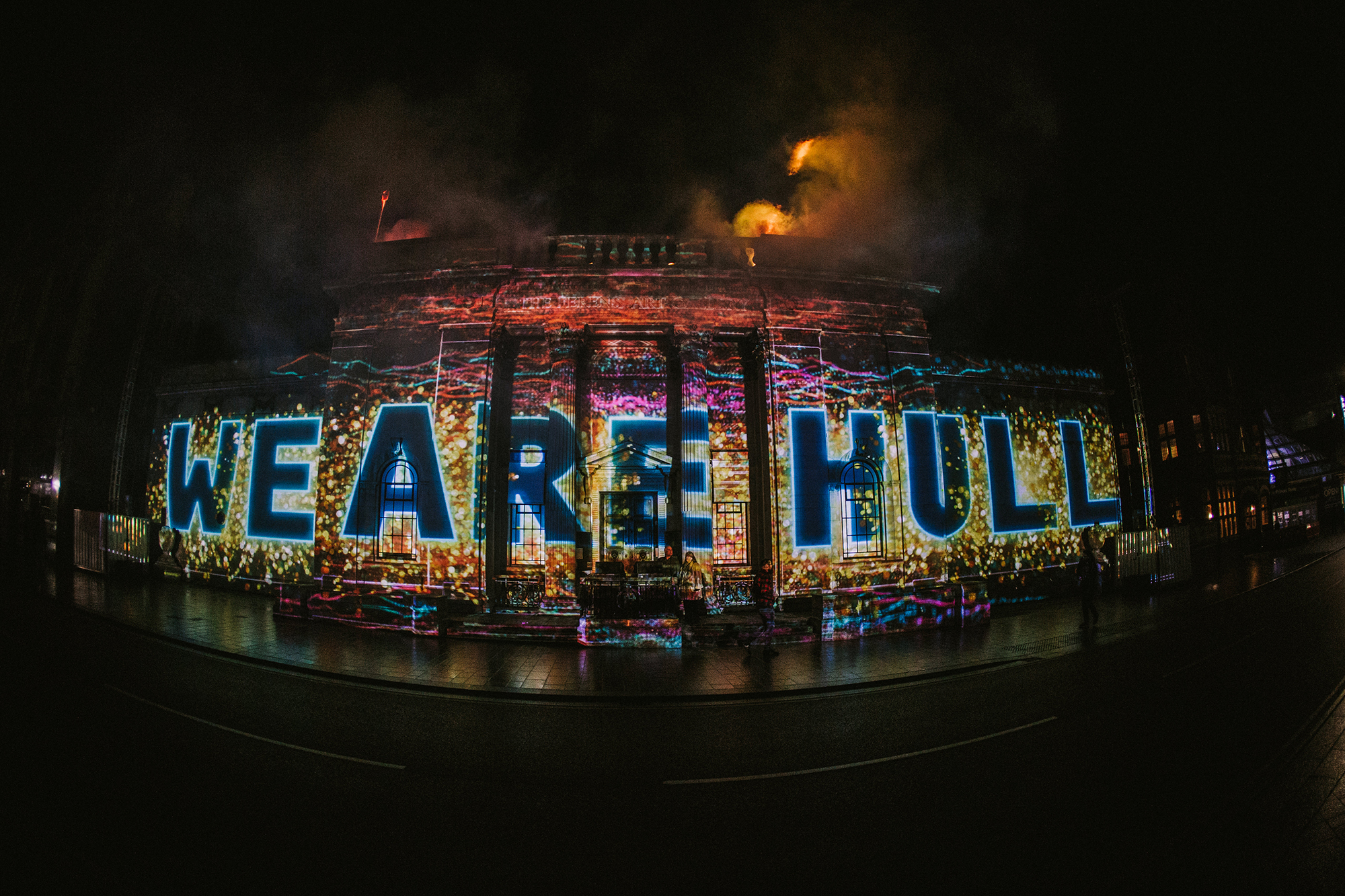
Hull Takes on Smart City Challenge
October 25, 2018 — The Big Picture
Local authorities and public sector bodies have a major role to play in the development of smart cities and in creating a digitally connected environment.
Labelled as the fourth industrial revolution, smart cities aims to improve the quality of life for its residents, businesses and visitors. However this is a relatively new concept for a traditionally functioning city to grasp, and these challenges will help to shape Hull’s future digital strategy.
As Hull begins its journey towards becoming a smart city, Hull City Council has identified a number of key, distinct yet concurrent phases that have to be addressed:
- development of its own service specific use cases
- a single view, analysis and interaction of public sector services
- the facilitation of the smart technology infrastructure
- management of data security.
Development of its own service specific use cases
Each service area within the local authority is exploring its own smart use case study to try to improve its service provision, reduce costs and share more informed communications with customers. For example, within the Streetscene Department it has already introduced a smart litter bin trial, and is actively pursuing further business cases along with its partners for data capture CCTV, smart parking, smart security at its operational deports, gully seniors, smart water butts to assist with urban drainage, air quality sensors and real time bus information.
Other service areas such as social housing, adult social care, public and environmental health all have their own requirements, however, the council is keen to ensure that the mutual benefit of each case is shared and understood.
We are simply aligning the service areas to operate with a business sense, and they need to take advantage of the significant opportunities that sensors, artificial intelligence (AI) and related hardware and software can offer.
Some of those technologies may go unnoticed or become second nature to consumers of the service, such as smart traffic technologies or data capture CCTV, but they play an important role behind the scenes in keeping a city moving. Others may require acceptance or approval by individuals such as health monitoring or home sensors before they too become part of everyday life.
In the near future, the focus will shift towards mainly predictive and preventive services and communications rather than working reactively. A key aspect here is not the technology itself, but how the council’s managers, based on the data provided, will need to change the way they operate to make the best use of the investment and ensure the opportunity is used to both reduce existing failure costs within the service, and add value to the customer.
A single view, analysis and interaction of public sector services
The ability to have a single view of a city’s key metrics in almost live time will be incredibly beneficial to Hull. This is why the Council is currently tendering for a digital platform that will allow an overarching view and associated analytics, without tying itself into one particular sensor provider.
It will be critical to identify and enable the rules within the associated AI to assure the best interaction, alerts, corrective actions and sharing of information between the technologies. As a result, CCTV, air quality monitoring, traffic and parking sensors can all work in unison to improve a number of aspects across the city including the traffic movement and health outcomes.
The joining of the data from the individual use cases previously mentioned, plus other available data into a single city-wide view will allow the council’s analysts, city leaders and planners to assess and explore that data for service impacts and improvement potential. It will also allow the authority to predict patterns and correlations within the data to find new opportunities and solutions.
The city council recognises the need to shape their organisation to enable the education, skills, leadership and operational changes required to operate a smart city, including the continuing cross public sector collaboration.
The facilitation of the smart technology infrastructure
The city already has the necessary assets to facilitate the rollout of smart technologies. These include highways, street lighting columns and roofs of public buildings that will host the installation of the physical infrastructure required for smart cities. There is also the sharing of anonymised public data to the wider community for other development opportunities that allow residents, businesses and visitors to make informed decisions about their own lives.
The city does not need to invent the technology, it needs to merely set a framework for it to operate, including cross border requirements to ensure a seamless experience for service users. The role of the authority is to facilitate the existing smart technologies.
Work through its data security issue
Data security is a huge concern for the council, and there needs to be the right balance between opening up relevant, appropriate data, and the risks of the security of personal, private or public security data. In addition, working out how those smart technologies which can assist with health monitoring, is balanced with the rights, beliefs, desires and privacy of each single individual.